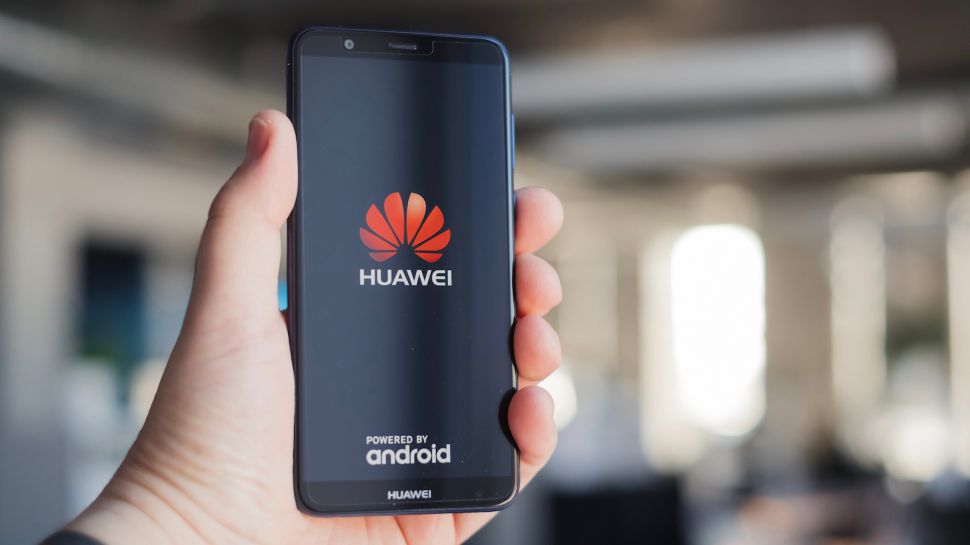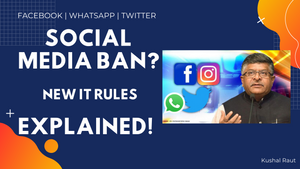
Hongmeng OS is not replacing Android says Huawei
Huawei has finally overcome all the hurdles from the US-China trade tensions. Over the past months, there has been various news about Huawei working on a completely new OS. Its called “HongMeng OS.” Evidently, it is also going to be marketed as “Ark OS” in some other markets. After all the speculations of Huawei to be using HongMeng OS as a replacement for Android, Huawei finally gave out their word.
Hongmeng OS replacing Android?

The word has been officially been put out by Company’s board member and Senior Vice President. Catherine Chen at Brussels on Thursday gave out her word. She made it clear that “The OS is not for smartphones. Hongmeng is for industrial use and has been in development long before the current discussions around finding an alternative to Android.” She reportedly also confirmed to China’s state-owned Xinhua news agency that, the company intends to continue using Android on its phones and tablet for the foreseeable future.
More about Huawei Ban.
It is indeed true that Huawei is not seeking to replace Android as an alternative with Hongmeng. Huawei Executive, Liang Hua had also claimed in the past that Hongmeng OS was primarily developed for IoT devices to fix latency issues. There is also a fun fact given by the board. Hongmeng OS only consists of a few hundred thousand lines of code instead of the millions in other consumer-oriented OS.
Huawei's Android Replacement?
There are also other confusing things happening with the Huawei Ban and the Android replacement stuff. There has been evidence of Huawei working on an operating system called “Harmony OS” for smartphones or computers. However, we don’t have any information about it. It might even be a different name for Hongmeng OS for some markets like ArkOS.
Hyperthreading Explained
There is no confirmation about the same. Till then, all we can do is sit tight and wait to see what happens. There is a lot of time to go for an operating system to born which can replace Android. Let us enjoy the same, sweet Android, rather than anticipating for the latter.






Comments